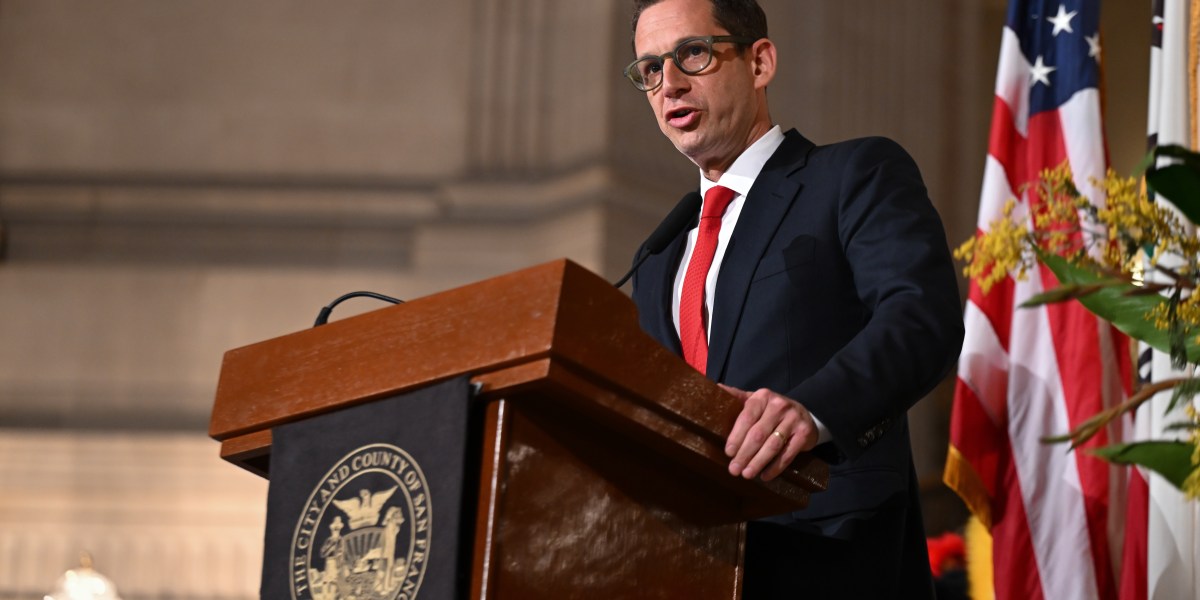An MSCI gauge of Asian shares was up around 0.3% at the open, following a move higher on Wall Street on Thursday. Shares in Intel Corp helped lift the mood, climbing in post-market trading after an upbeat revenue forecast. Treasuries had also snapped a three-day rally overnight as yields rose across the curve, with the 10-year climbing five basis points to 4%.
The moves came after the White House said President Trump will meet his Chinese counterpart Xi Jinping on Oct. 30, a positive development amid a trade war between the world’s two largest economies. The Trump administration is also weighing a quantum-computing boost in an effort to counter China, spurring an industry rally.
The cross-asset moves also reflected optimism that Friday’s inflation reading won’t dent the broad optimism supported by resilient earnings and the potential for supportive news on US-China relations. The dollar was little changed.
“Valuations continue to be the best argument for bears, but the relentless buy-the-dip approach of investors has even the most pessimistic investors questioning their outlook,” said Mark Hackett at Nationwide.
West Texas Intermediate jumped 5.6% to settle near $62 a barrel on Thursday, the most since the start of the Israel-Iran conflict on June 13. The latest US oil sanctions signaled a major policy turn from the Group-of-Seven price cap strategy that sought to limit Russia’s earnings without disrupting supply or driving up global prices.“As with the trade war, the fallout from the oil sanctions is murky at best, although we expect that from the perspective of the market at least, the kneejerk spike in crude will represent the bulk of the attention devoted to this matter, as it were,” said Ian Lyngen, Vail Hartman and Delaney Choi at BMO Capital Markets.Investors will likely look past any evidence of stubborn inflation in Friday’s consumer price index report, as money markets brace for a Federal Reserve rate cut next week.
The September CPI report originally slated for Oct. 15 release was delayed due to the US government shutdown. Economists in a Bloomberg survey forecast the core CPI, which excludes food and fuel, to have climbed 0.3% for a third straight month as higher import duties continue to gradually filter through to consumers. The projected monthly gain will keep the annual core CPI at 3.1%.
Although inflation is stuck above the Fed’s goal, officials are expected to announce their second rate cut of the year because of the fragile labor market.
Friday’s CPI is important in the sense that it’s one of the few economic data points that we will see given the government shutdown, according to Emily Bowersock Hill founding partner of Bowersock Capital Partners.
“But since the Federal Reserve is likely more focused on the labor market, we don’t expect Friday’s CPI to weigh heavily on next week’s Fed decision,” she said. “We will likely see two more rate cuts this year, in October and December.”
Prospects for Fed easing, durable earnings growth and AI investment spending support the view that the equity bull market has further room to run, according to Ulrike Hoffmann-Burchardi at UBS Global Wealth Management.
While it’s important to have adequate exposure to US stocks, she also believes investors should diversify their portfolios.
“Any setbacks in US-China relations or potential concerns about the durability of the AI-driven rally could trigger bouts of volatility,” she noted.
























